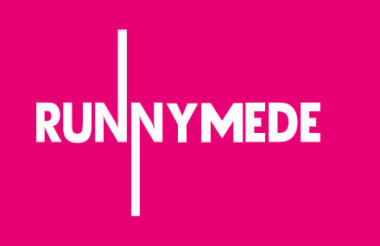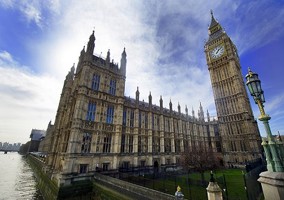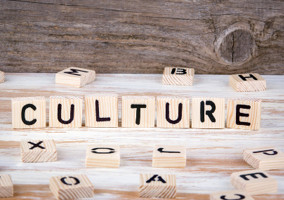False narratives are making it more difficult for charities working on anti-racism agendas and social change issues, the chief executive of the Runnymede Trust has said.
Halima Begum was discussing the issue of charities and culture wars at an event organised by the law firm Bates Wells earlier this week.
The Runnymede Trust has been at the centre of some of these arguments this year, with Conservative MPs questioning the charity's motives. The Charity Commission cleared the Runnymede Trust of breaching charity law in September.
Begum said: “It's been really difficult being in the charity sector, working on Black Lives Matter at a time when others are in control of that narrative.”
She said that the term “culture war” was unhelpful and “offensive” to anyone who has experienced a real war.
Begum said her “real concern with how they end up going from a place where we can discuss to one where it's just becoming quite dangerous”.
She called for people on all sides to “deescalate” and focus on civilised debate, because the “faux” culture war narrative “certainly doesn't benefit social change, and democracy”.
Later in the debate she said that she had tried to resist being “drawn in” to culture war debates and that: “I think there's something going on in British life that is about creating false narrative.”
She also said that it was “wrong to assume that we're in the middle of a very intense culture” war because it is perpetuated by extremists on both sides.
‘As humans we evolve, we change’
Tessy Ojo, chief executive of the Diana Award, said changing attitudes was normal because “as humans we evolve, we change,” she explained.
The problem, she said, comes when one group tries to prevent others from taking part in discussions.
She added: “If we have children who are the age of 21 wanting to be fed on baby food, we will have a problem, right? Why would we expect that society should stay the same as society was maybe 21 years ago?
“I do agree that things have to be done with a lot of dialogue that is not about war, what we often find where perhaps this war is where there's one group much louder than another and wanting to suppress dialogue.”
As a charity that champions young people she said the Diana Award manages to do this without becoming adversarial towards older people.
She said: “How can we be the voice for them? How can we help pluck from the issues that they're facing without trying to suppress, for example, older people, we don't say ‘actually, everyone keep quiet, because right now, the most important thing is a young person’. No, because we can coexist.”
‘Look at what the data says’
Ojo and Begum both suggested that it is important to focus on the real issues.
Begum said: “The way to fight inequality is by looking at what the data and the evidence is telling you.
“Now, if the data and evidence is consistently telling you that some groups and society are left behind or the outcomes are not as equal, then it's incumbent on decision makers and the government and territories to do something about that.”
Ojo described examples where young people’s expectations for their future and opportunities available to them were curtailed by their race or circumstances.
She said: “What young people are asking is to have a fair chance.”
She added that during the pandemic young people from middle class families saw their mental health improve, with their parents being around all day. But that for children from a minority group their mental health was 10 times worse at the end of the pandemic.
“That's the kind of irony when we talk about inequality. That's what we need to be working on,” she said.
‘What we’re seeing is a new religion’
Danny Kruger, Conservative MP and a junior member of the Levelling Up Department, also called for a “civilised debate”.
He said he would describe it as a “religious conflict”, because: “At the heart of what we're seeing is a presence of a new religion, or a new manifestation and over culture, which I disagree with.”
However, he said was “quite appropriate” to have public disagreement and discussion on the topic.
Elaborating on the idea of a new religion, he said it has “roots in French existentialist theory from 50 years ago”, which he described as: “The idea that essentially, the material order matters less than people's beliefs and feelings.”
In terms of how society resolves the issue, he said: “In our traditions in England, we have a template which is the religious conflicts that we've had in this country. And in a nutshell, I would say that somebody needs to win this cultural disagreement.”
He added that he hopes his side wins, but that the other side is “accommodated”, and gave an example of how Elizabeth I treated Catholic and Protestant extremists.
“So I hope that a conservative victory in this culture war will then lead to a much more generous accommodation of the very valid theories and points and frankly, the freedoms of people to take a different view,” he concluded.
Related articles












